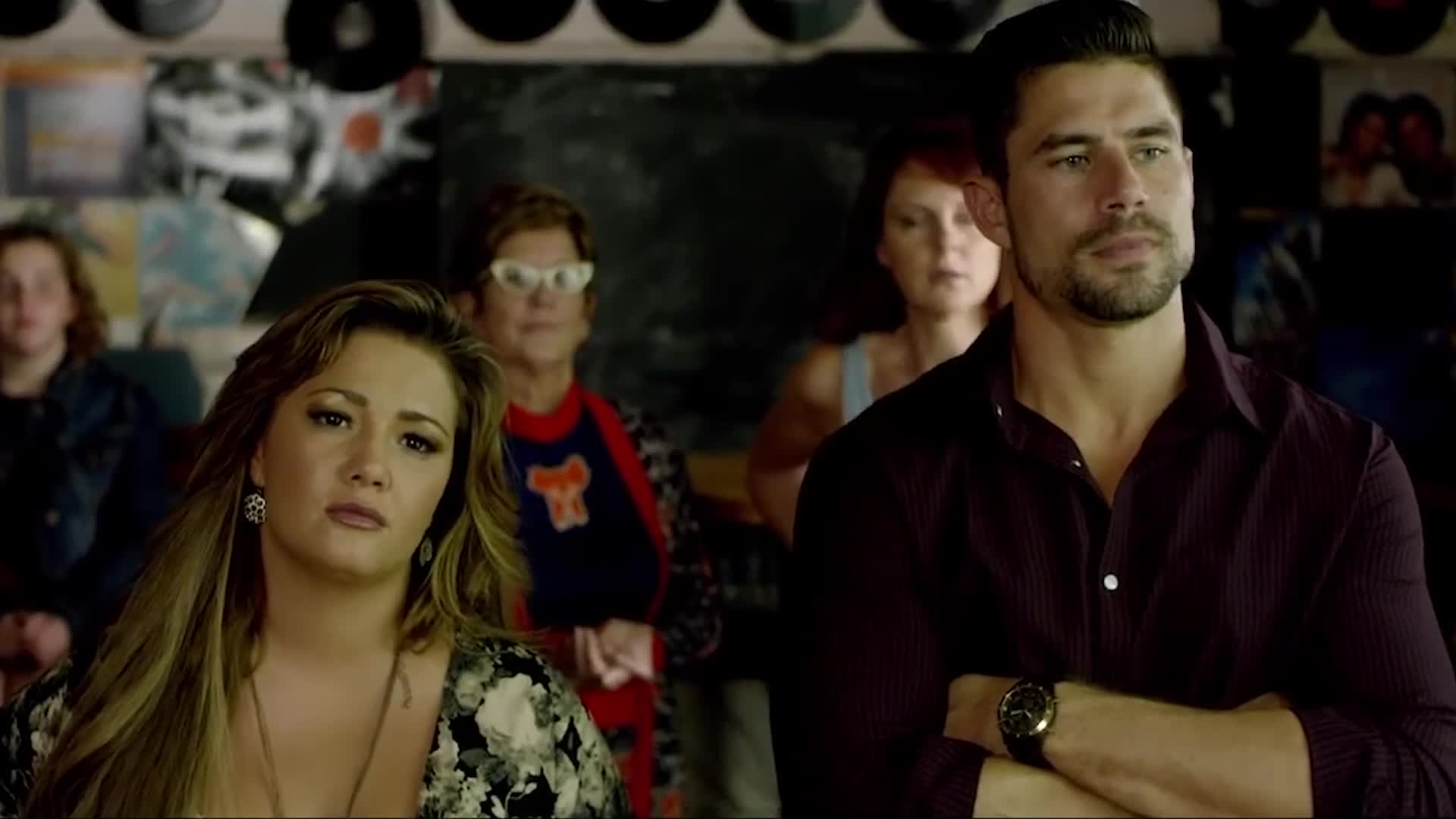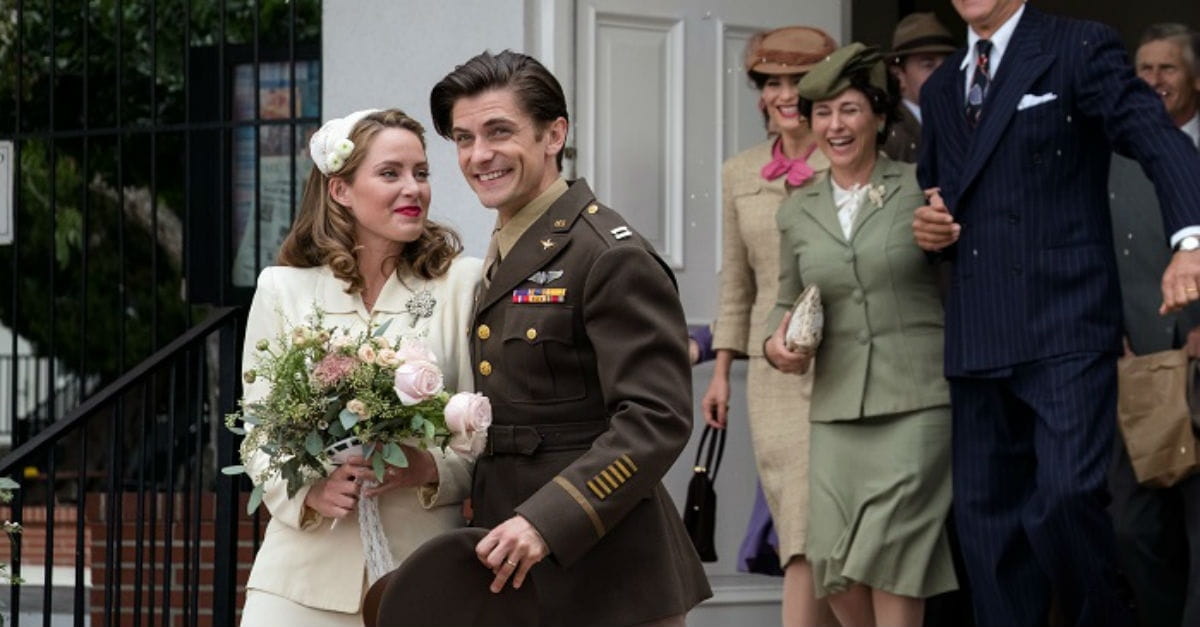
Plot Summary
Finley Sinclair didn’t pass the audition to be accepted into the music school that she’s always dreamed of attending. Thus, Finley decides to take a semester of school abroad, heading to Ireland where her brother spent some of his final days on earth. Along the way, Finley gets tied up with a famous movie star who’s tired of his fake life. Will they be able to discover what they are looking for?
Production Quality (2 points)
Per usual for Brian Baugh, the production of Finding You is very professional. This includes good video quality, camera work, and audio quality. The soundtrack is engaging, and sets, locations, and props are up to industry standards. The only drawback to this section is the significantly choppy editing that detracts from the viewing experience. Nonetheless, this section still receives an above-average rating.
Plot and Storyline Quality (2 points)
With a reliable track record, it’s evident that Brian Baugh will likely never produce a bad film due to his commitment to strong characters. Finding You is no exception to this rule, even if the characters in this narrative outshine the meandering plot. Despite strong dialogue and character development, the characters are tossed along by silly coincidences and somewhat lazy storytelling. Voice and expository conversations are used to fill gaps in the narrative as several disconnected subplots are crammed into the same movie. The writers needed to pick a lane and decide what this screenplay is actually about: a simple love story with some creative riffs and satirical treatment of cheesy films or an exploration of a mysterious elderly woman’s past. By trying to two both things at once, the story became very muddled, lacking clear purpose and focus, which led to a rushed conclusion. Nonetheless, the characters are strong enough to keep this aspect of the movie above par.
Acting Quality (2 points)
As a whole, the cast members in Finding You are mostly acceptable in their roles. Rose Reid was in her comfort zone, by Jedidiah Goodacre seemed to lack range, posting some moments of unsure emotions. At times, line delivery from various actors and actresses was a bit off, but all performances were overall good enough to justify a score just above the middle line.
Conclusion
It’s encouraging that Brian Baugh is applying his directorial talents to novels, which is an absolute necessity as the Christian entertainment field is undergoing a major transition. However, the book that was chosen for this screenplay adaptation did not have a very sizeable audience. Baugh certainly has more potential than is seen in Finding You, so hopefully, in the near future, he’ll be afforded the chance to adapt a better novel.
Final Rating: 6 out of 10 points














































